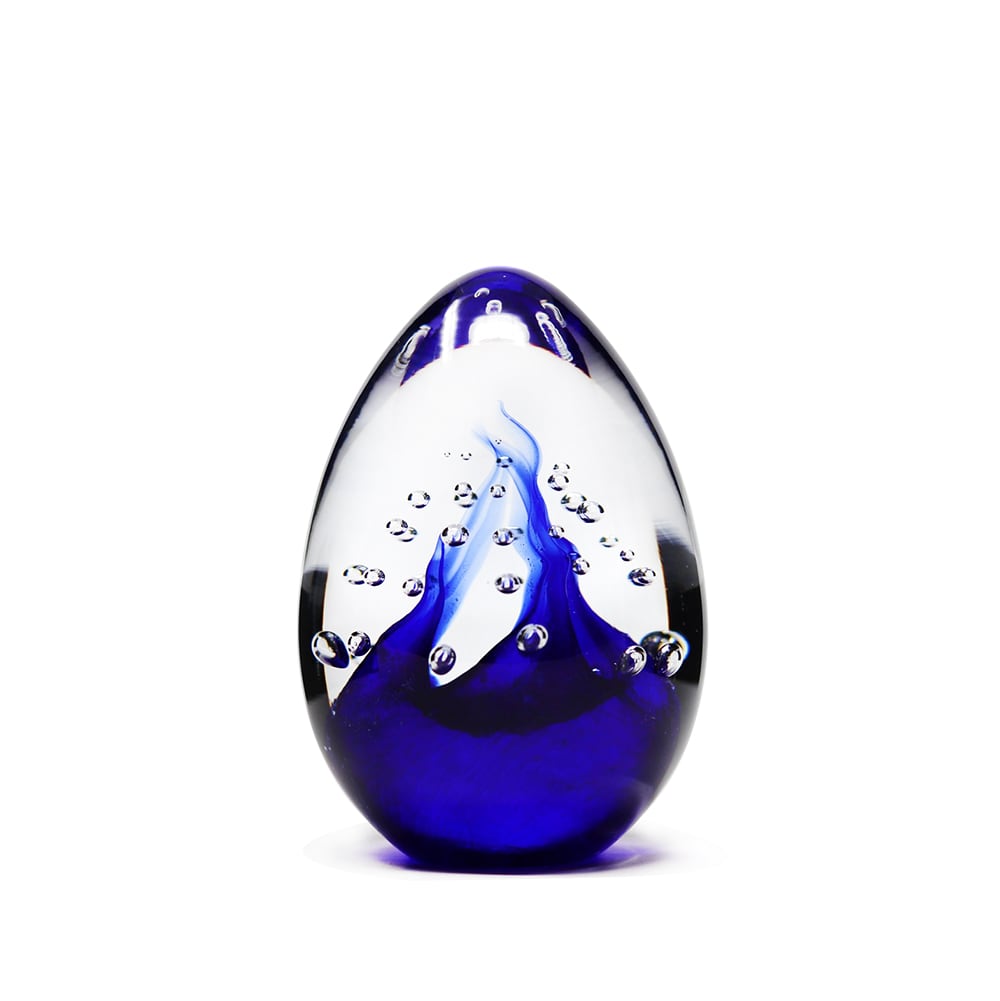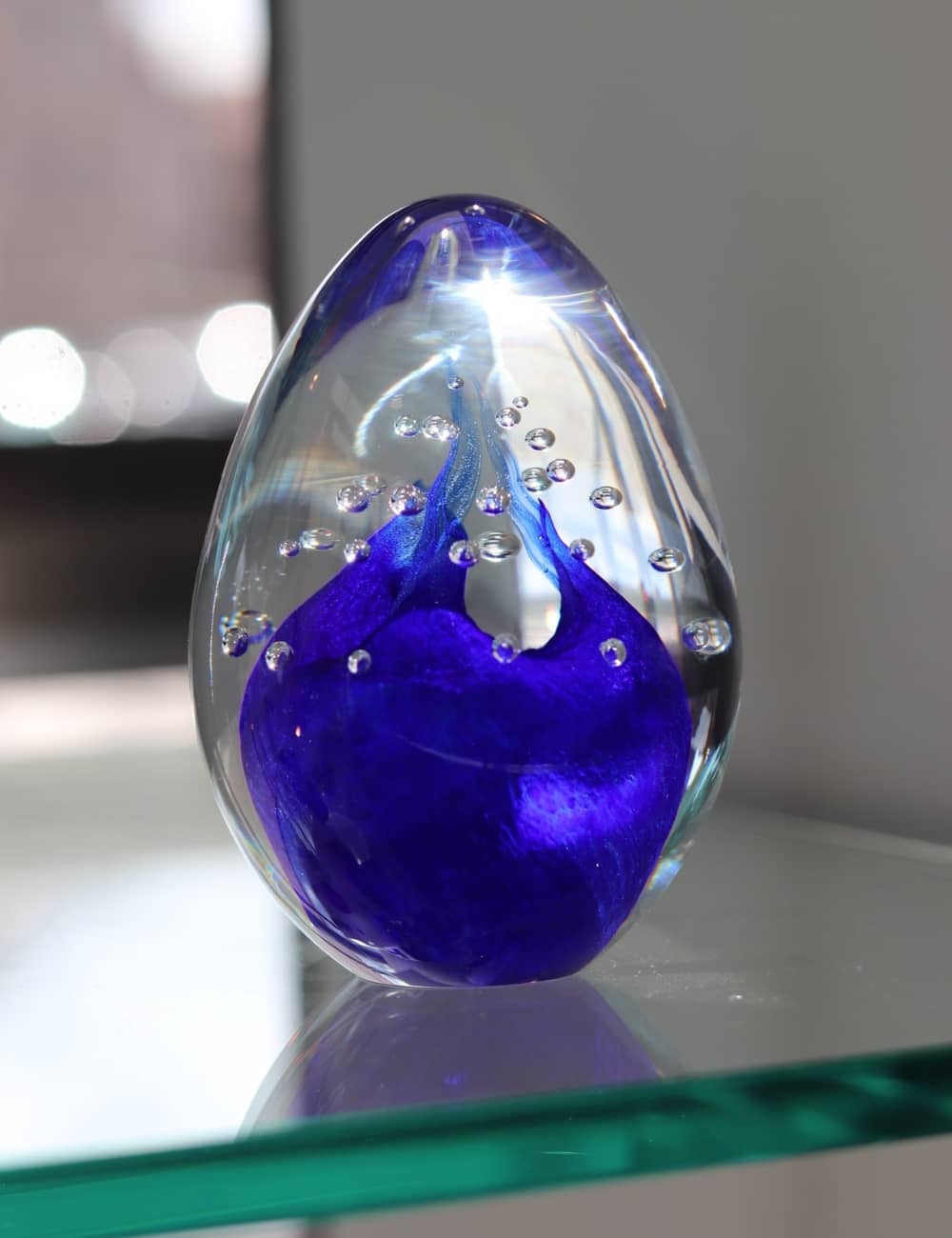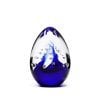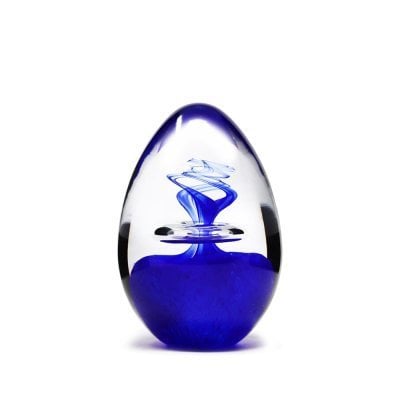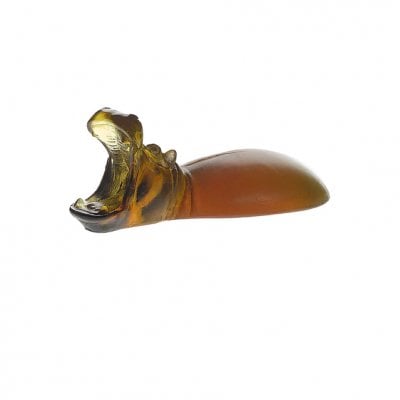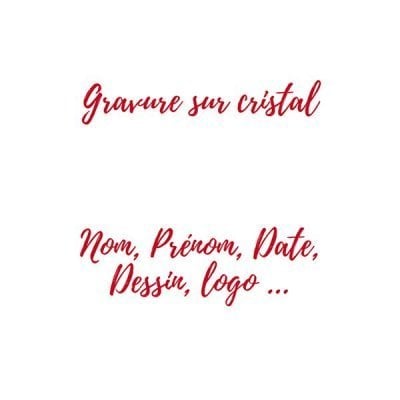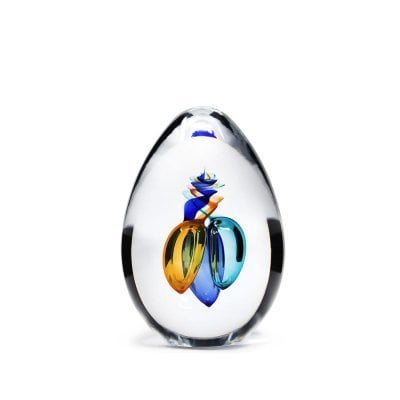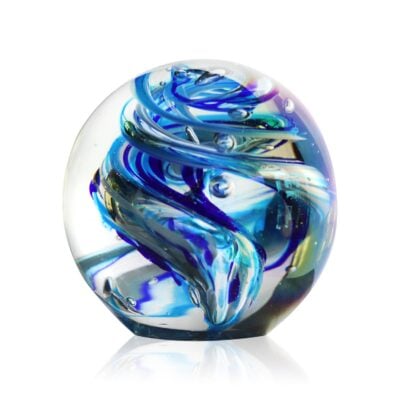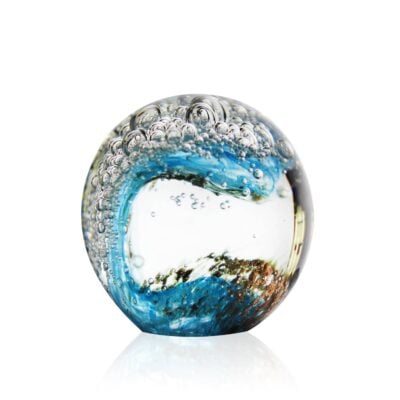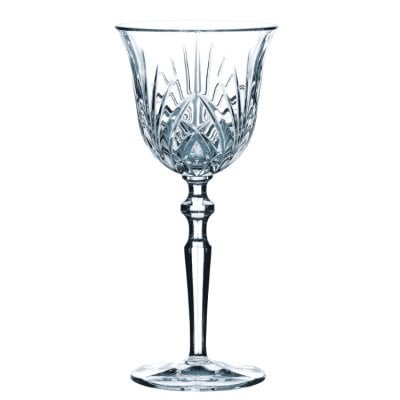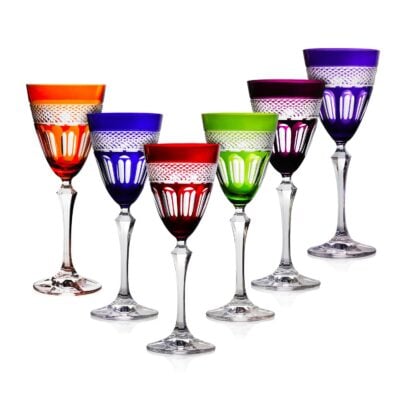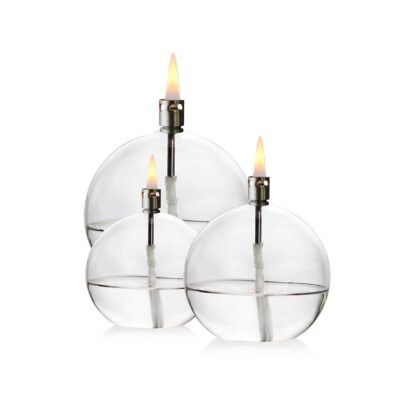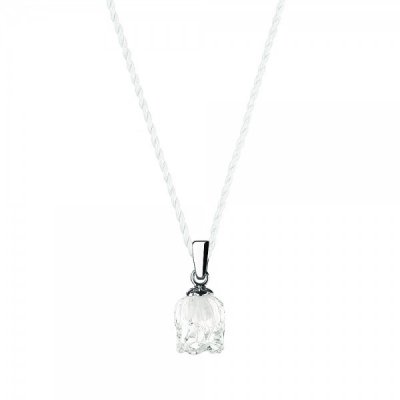WE PROVIDE INSURANCE FOR YOUR ORDER
With more than 138 years of experience, our export team takes the greatest care to package each order. A damaged product? We will send a new one. A lost parcel? We will send a new one. The shipping cost include an insurance break and lost.
CUSTOMER REVIEW
ENJOY TAXFREE
For a delivery outside the European Union, you can pay your order without VAT. Please, use the coupon code FREETAX into your cart.
RECEIVE A GIFT FOR EACH ORDER
We take care of our customers. For each order, you can select a gift in you cart. More you buy, bigger the gift is. Follow this link to discover the gift list.
WIN FIDELITY POINTS
We reward your fidelity. Each order allows you to win fidelity points, that you can use for your next order. Enjoy extra discount. Don't forget to creat an account or to login into it. Learn more ?
ADDITIONNAL INFORMATIONS
BLUE CRYSTAL EGG BUBBLE PAPERWEIGHT :
Discover blue crystal egg bubble paperweight. Our crystal paperweight collections come from the country of Bohemia, where this exceptional know-how is preserved. High quality paperweights at an affordable price. Closing a blue heart, the glassmaker captures the unceasing rise of bubbles air.
Please yourself and start your collection, discover a wide choice of models !
♦ CRYSTAL PAPERWEIGHT HISTORY :
Nineteenth-century paperweights boast many different styles and techniques of glassmaking, but of these millefiori most profoundly influenced the development of the paperweight artist. The fundamental elements of millefiori (the rod, the bead, and cane) had been employed by glassmakers for approximately 3,500 years. But just as the mythological imagery of Ovid and Vergil were transmuted by Shakespeare’s genius into his Midsummer Night’s Dream (1595/96), and both the classical iconography and Shakespeare’s interpretation of it melded and reshaped in 1826 by Felix Mendelssohn into an identically titled but unique musical expression, so nineteenth-century glassmakers synthesized ancient elements of their art with later technological developments to create something totally new and in keeping with the taste of their times.
Then, glassmakers of the Eighteenth Dynasty (1570-1349 B.C) made glass rods, principally as a means of producing beads, which were simply snippets cut from the heated rods. Later glass craftsmen learned to make progressively more intricate beads and to bundle and fuse rods into canes. Complex canes were first fashioned by Roman glassmakers; the canes and other elements were bundled together, heated to fuse, and drawn out while in a plastic state to a greatly diminished diameter. The canes were then cut transversely and the slices were available for utilization.

